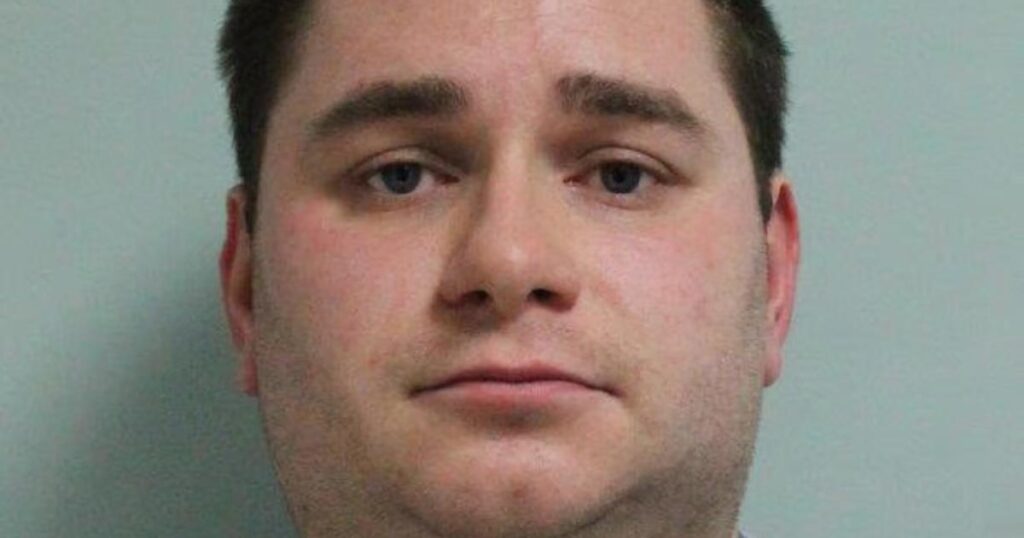He was later convicted of six child sex offences including attempting to engage in sexual communication with a child and attempting to cause a child to engage in sexual activity.
As part of his sentence he was given a Sexual Harm Prevention Order (SHPO) which restricted his internet activity.
It also included a paragraph prohibiting him from “seeking or undertaking any employment (including voluntary, paid or otherwise) which will, or is likely, to bring the defendant into unsupervised contact with children under the age of 16 years.
But Thorpe took issue with that provision and sought to challenge it at the Court of Appeal.
His barrister argued that any work with children would already be regulated by the Disclosure and Barring Service (DBS) – the court order would therefore provide another unnecessary hurdle if Thorpe wished to seek relevant employment in the future.
On Wednesday, July 30, appeal judges rejected Thorpe’s appeal.
Mr Justice Bourne said: “The risk must be assessed in the context of the judge’s finding that the appellant is dangerous, which was based on detailed findings about his grooming behaviour, the images of which he was in possession, his internet search history which included search terms making very concerning references to sexually violent behaviour with young or “teen” girls and his attitude as revealed by the pre-sentence report.
“As a result of those matters there was and is a pressing need to protect young girls from being caused sexual harm by the appellant.”
Thorpe will therefore remain the subject of a SHPO banning him from working with kids.




